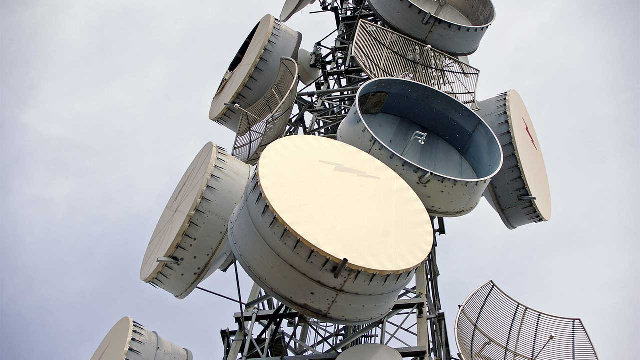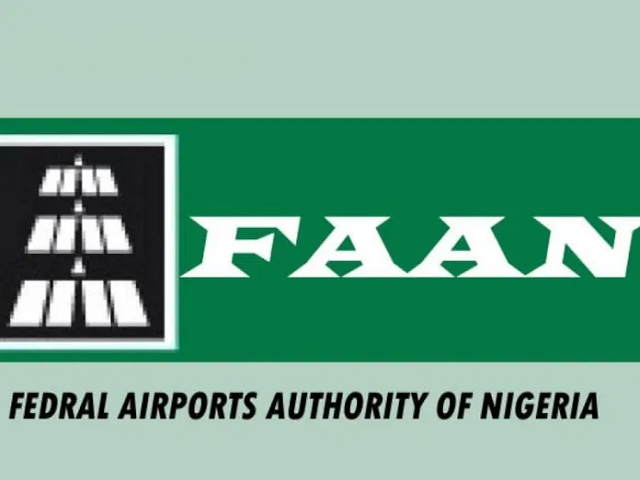- Nigeria promises favourable connectivity policy
The United Nations (UN) has estimated that to connect the next 1.5 billion that are yet to come online across the globe, telecoms operators would need over $450 billion.
UN, through its arm, responsible for the development of Information and Communications Technology (ICT) across the globe, the International Telecommunications Union (ITU), in new report authored by the Broadband Commission for Sustainable Development, said currently, almost half the world’s people use the Internet, mostly in urban and densely populated areas.
It, however, noted that the challenge of connecting people living in rural and remote areas to the Internet persists in many countries, adding: “The scale of the infrastructure that must be built or upgraded to bridge the digital divide and deploy emerging technologies is considerable. ITU estimated that connecting the next 1.5 billion people will cost $450 billion across the globe.”
The Secretary-General, ITU, Houlin Zhao, said broadband is vital country infrastructure, and as essential as water and electricity networks, adding that data analysis and policy recommendations contained in the 2018 State of the Broadband Report, come at a crucial time when Internet access is more important than ever before.
Meanwhile, Zhao stressed that four ‘I’s – Infrastructure, Investment, Innovation, and Inclusivity, are central to ITU’s strategy to leverage the power of ICTs to expand access to broadband services and help accelerate the achievement of all United Nations Sustainable Development Goals (SDGs).
The report provides a global snapshot of broadband network access and affordability, with country-by-country data measuring broadband access against the Broadband Commission’s seven advocacy targets.
Meanwhile, the Nigerian Communications Commission (NCC), said it will bridge the digital divide in the country through regulatory interventions.
The Executive Vice Chairman, NCC, Prof. Umar Danbatta, told participants at the ITU that the country would need to bridge the about 190 access gaps, which house about 40 million Nigerians.
According to him, Nigeria needs investments to bridge these gaps, and told old investors coming into the country, especially the telecoms sector would have access to 30 per cent cut in their Company’s Income Tax to be remitted to the government.
Besides, he said there will be a relaxation of monetary and fiscal policies; access to foreign exchange; reduction in waivers and Custom Duties and be opened to improved Ease of Doing Business.
He called for more collaborative efforts between the private and public sectors in the match towards enthroning even connectivity across Nigeria, especially in broadband provision.
To boost broadband, the Commission recommends: building national leadership for broadband; promoting Internet training and stimulating consumer and business demand; monitoring ICT developments to inform policy; reviewing universal service measures. It also seeks strengthening digital skills and literacy; supporting local eBusinesses and entrepreneurs; adapting legal frameworks; and reducing taxes and duties on telecom products and services.













